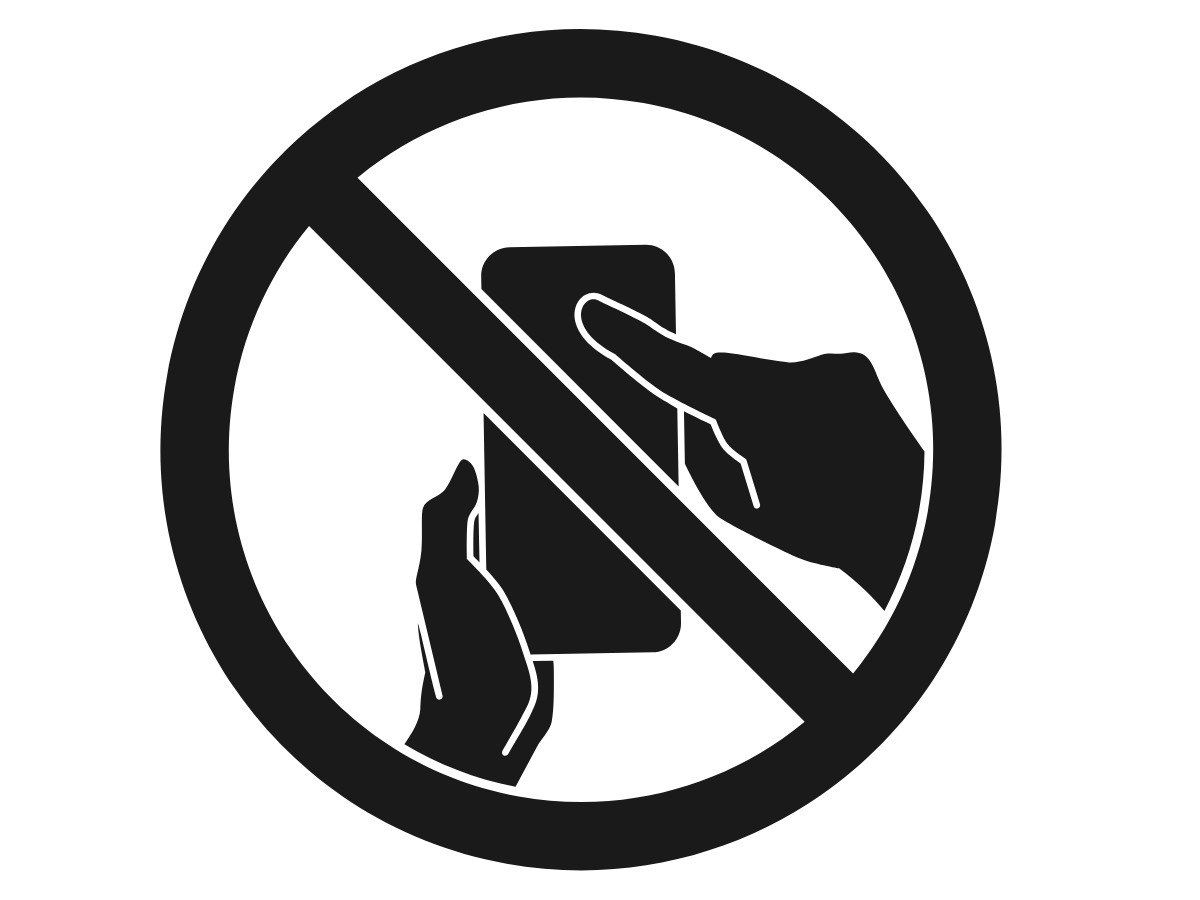Australia is hosting Asia’s largest gathering of halal business leaders in Melbourne tomorrow – the first time the World Halal Business Conference has been held outside Malaysia.
Over two-days Australian businesses will explore growing halal export opportunities across food, health and beauty as well as financial service sectors.
Austrade and Global Victoria have partnered with Malaysia’s Halal Development Corporation under the Ministry of International Trade and Industry to host the conference themed, “Halal Opportunities in a Borderless World.”
The halal economy is one of the fastest growing sectors globally and is expected to reach $7.3 trillion by 2030. With over 240 million Muslims, Southeast Asia is a key region where halal-certified products offer growing opportunities for Australian businesses.
The event brings together government, industry bodies and businesses to network and discuss the development of halal industries across Australia, Malaysia and the Southeast Asia.
Chief Executive Officer of Malaysia’s Halal Development Corporation, Hairol Ariffein Sahari, said, “the World Halal Business Conference Circuit in Australia will focus on strategic business initiatives comprising of three main pillars, which include investment promotion, trade negotiations and Halal skilled talents.”
“We will deliberate prevailing issues faced by the industry, with a view to inspire wealth creation, as well as promote Halal business opportunities amongst industry players.”
Austrade Senior Trade and Investment Commissioner to Malaysia & Brunei, Paul Sanda, said the Malaysian government’s decision to host the conference in Australia is a sign of the growing importance of Australian exports to Southeast Asian markets.
“From ice cream to vitamins and supplements and even fintech services, halal certification is opening new markets for Australian exporters in Southeast Asia and beyond. The World Halal Business Conference Circuit provides a unique opportunity for the Australian businesses to learn more about the diverse opportunities for collaboration with Malaysian businesses to benefit both our nations, but also more broadly within the global halal economy.”
“While halal-certified food products attract strong attention, awareness is growing among Australian business about the opportunities in diverse sectors, like pharmaceuticals, cosmetics, fashion, finance and tourism.”
Halal certification has implications for the entire supply chain of a consumer product, such as ingredient sourcing, slaughtering, and food packing, which need to adhere to Islamic practices if the end-product is to be certified as halal.
Demand for halal-certified nutraceuticals, from vitamins to health supplements, is growing steadily across Asia. Health and wellness brand, Swisse, currently exports a halal-certified vitamins and supplements in Singapore, Malaysia and Indonesia, and recently launched a range of halal multivitamins in Brunei.
Speaking at the conference, Nick Mann, Regional CEO, Australia, New Zealand and Asia for H&H Group, Swisse’s parent company, will highlight how tailored halal export strategies can work across different Asian markets.
“We recognise the importance halal-certification has to unlock opportunities in Southeast Asia markets and with other markets across the globe. We prioritise halal-certified ingredients within our supply chain, and our partnerships with halal manufacturing facilities to ensure our products are accessible to everyone.”






